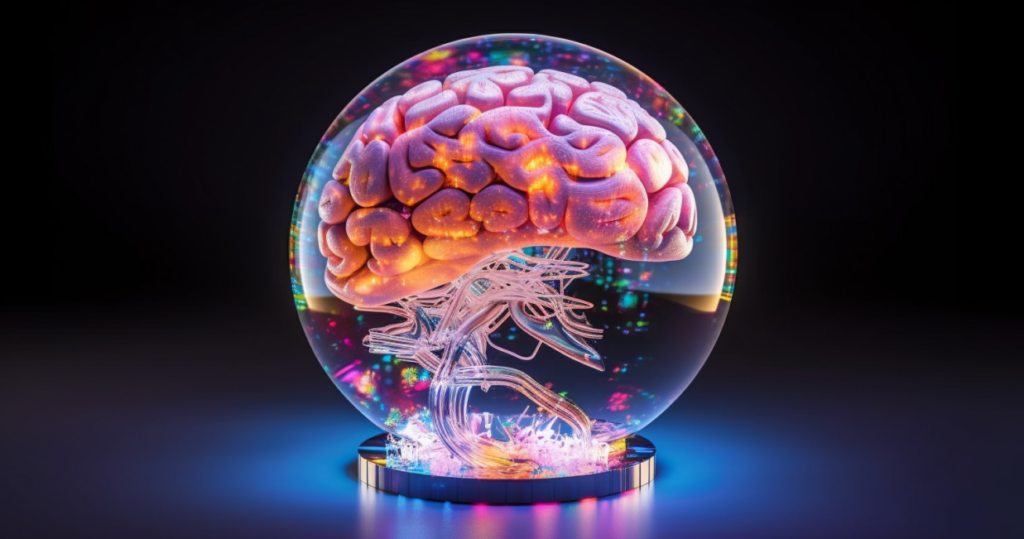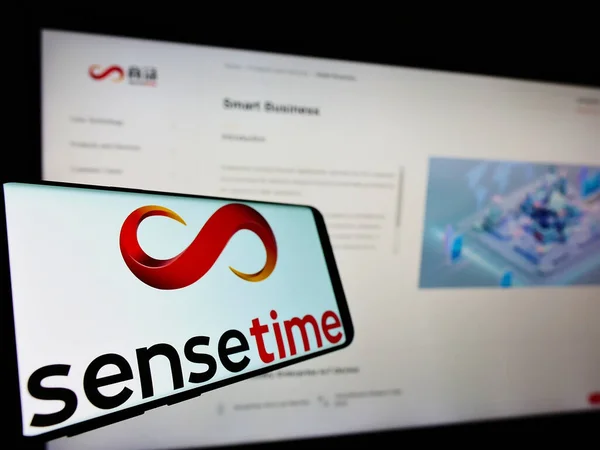Cooper University Health Care Partners with DigiCARE Realized to Revolutionize Alzheimer’s Detection and Treatment
- Cooper University Health Care’s Innovation Center has partnered with DigiCARE Realized to develop an AI-powered technology capable of identifying undiagnosed cases of early-stage Alzheimer’s disease and related dementias. This technology will be integrated into the hospital’s electronic health records system, enabling quick processing of routinely collected data.
- The partnership aims to revolutionize Alzheimer’s disease diagnosis and treatment, with the DigiCARE Realized technology demonstrating nearly 80% performance accuracy for a three-year prediction horizon. This initiative underscores the commitment of both organizations to modernize brain health care, particularly in high-risk communities.
Cooper University Health Care’s Innovation Center has announced a partnership with DigiCARE Realized, an emerging technology company based in Old Bridge, aimed at transforming the detection and treatment of Alzheimer’s disease.

The agreement, announced on May 9, marks a significant step forward in the utilization of artificial intelligence (AI) in the medical field. The partnership aims to test an AI-powered technology designed to identify undiagnosed cases of early-stage Alzheimer’s disease and related dementias.
Bethann Mercanti, the director of clinical operations at the Cooper Neurological Institute, will serve as the principal investigator for this pioneering project. She expressed her excitement about the collaboration, stating, “We are thrilled to work collaboratively with DigiCARE Realized to further study and develop this technology, which has the potential to change the way we detect and treat Alzheimer’s disease and other related conditions earlier in their course.”
Cooper’s Neurological Institute will work with DigiCARE Realized to integrate the technology into the hospital’s electronic health records system. The AI-based technology will process routinely collected data in a matter of hours, a task that would traditionally take clinicians several days. This accelerated analysis could greatly enhance early detection and treatment methods for Alzheimer’s and related conditions.
The DigiCARE Realized technology has demonstrated remarkable accuracy in detecting undiagnosed Alzheimer’s disease and related forms of dementia, including Lewy body dementia and frontotemporal dementia. The system boasts a nearly 80% performance accuracy for approximately a three-year prediction horizon, according to the partnership announcement.
With the Alzheimer’s Association estimating that 190,000 New Jerseyans aged 65 and older are living with Alzheimer’s disease, the importance of early detection cannot be overstated. The disease’s emotional impact on families is significant, and it also places a financial burden on the state’s Medicaid program, currently costing $2.1 billion.
Brittany Cassin, CEO of DigiCARE Realized, emphasized the importance of early detection in facilitating timely and accurate diagnoses, enabling patients to receive emerging treatments and early-stage interventions. “This partnership demonstrates our collective commitment to modernizing care in brain health for all patients, especially where we know there is a higher risk of Alzheimer’s disease in communities of color,” Cassin said.
Neal Lemon, the director of the Cooper Innovation Center, reiterated that the center, founded in 2022, was created with initiatives like this in mind. “We are excited to work with DigiCARE Realized in further development of this AI-technology that addresses a very significant patient need in our aging population,” Lemon said.
With this new partnership, Cooper University Health Care and DigiCARE Realized are poised to make significant strides in the battle against Alzheimer’s disease and related dementias. By leveraging AI technology, they hope to revolutionize the way these conditions are detected and treated, potentially improving the lives of thousands of patients and their families.





